In the digital age, our online activities tell a story about us. This story, known as a digital footprint, comprises of our online behavior and activities – from the sites we visit, the emails we send, to the information we share on social media. When traveling, this footprint can become especially vulnerable, exposing us to potential risks and threats. This blog post aims to enlighten you on the importance of protecting your digital footprint while traveling, particularly through the use of VPNs.
Understanding Digital Footprints
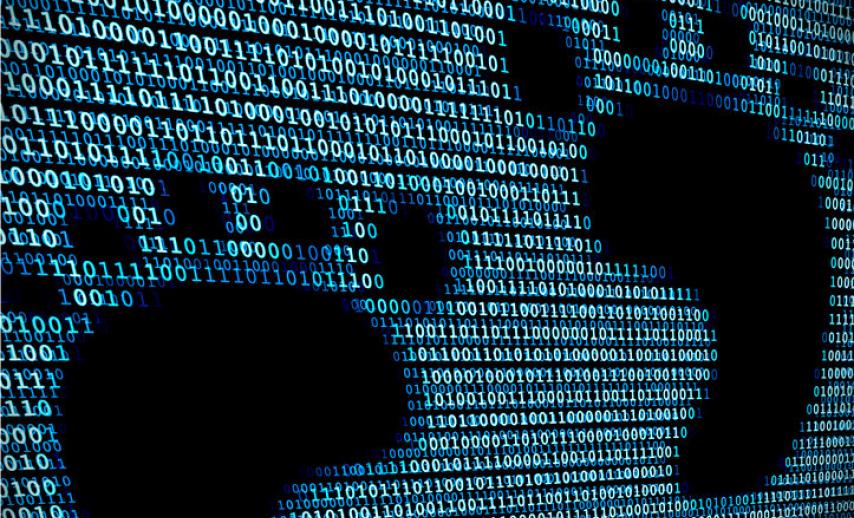
Source: learnenglishteens.britishcouncil.org
Before delving into the crux of the matter, it’s important to understand what a digital footprint is. Essentially, it is the trail of data you create while using the internet. It includes the websites you visit, emails you send, and information you submit to online services. A “passive digital footprint” is a data trail you unintentionally leave online, for instance, when a website collects your IP address and “active digital footprints” are ones you intentionally impart, such as when you post on social media.
Your digital footprint matters because it can be viewed, stored, and used by others, often without your knowledge or consent. When you travel, you expose yourself to new networks and systems, potentially widening your digital footprint. You might be more inclined to use public Wi-Fi at airports, hotels, or cafes, increasing the risk of your personal data being intercepted or misused.
Risks of Unsecured Connections
When you connect to an unsecured public Wi-Fi network, you open the door to a host of potential security threats. These networks often lack the necessary security measures to protect your data, making it easy for cybercriminals to intercept your connection and steal sensitive information. This could include login credentials, financial information, and personal emails. In worse scenarios, a hacker could inject malware into your device or manipulate you into connecting to a “spoofed” hotspot, essentially a malicious imitation of a legitimate Wi-Fi network.
What is a VPN?
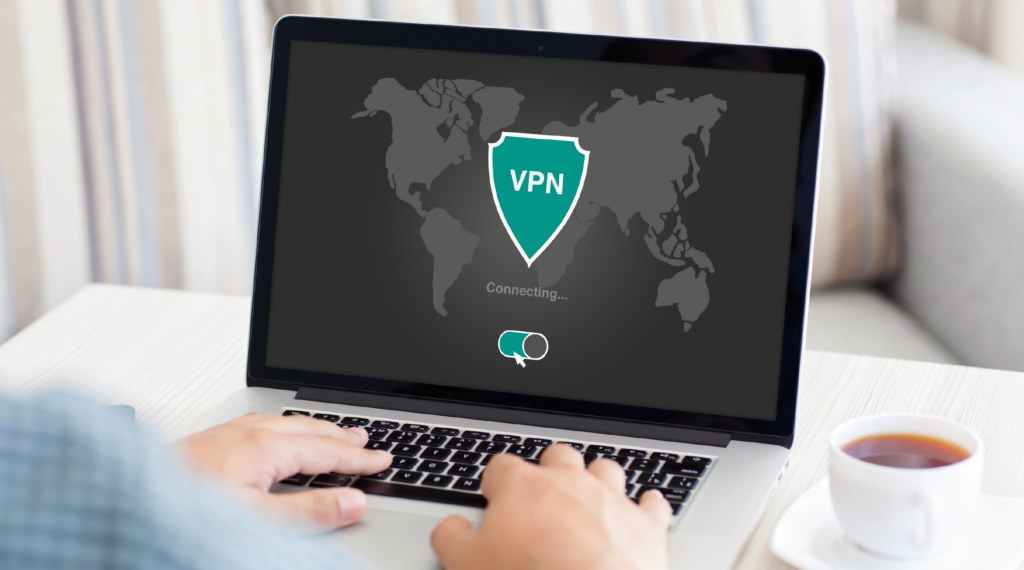
Source: cybereason.com
This is where a VPN, or Virtual Private Network, comes into play. A VPN is a service that creates a secure, encrypted connection between your device and the websites or services you access. It does this by routing your internet connection through a VPN server, effectively hiding your online activities from anyone attempting to peer into your digital life.
The core functions of a Husky VPN or any other type are to protect your privacy, secure your data, and grant you online freedom. When you’re traveling, these functions become even more critical. Whether you’re accessing your email at a hotel, conducting online banking at an airport, or scrolling through social media at a café, a VPN can provide a much-needed layer of security and privacy.
I hope you find this initial section informative. If you have any specific requests or need further information, feel free to ask. I’m here to help!
Encrypted and Secure Connections
Perhaps the most immediate benefit of using a VPN is the encryption it provides. Encryption is the process of converting readable data into an encoded version that can only be decoded by another party if they have the decryption key. This means that even if someone were to intercept your data, they wouldn’t be able to read it.
When you’re traveling and reliant on unfamiliar Wi-Fi networks, this encryption is invaluable. You might be sending confidential work emails, accessing sensitive financial data, or simply conducting personal conversations – whatever the case, encryption keeps your data private and secure.
Bypassing Geographical Restrictions
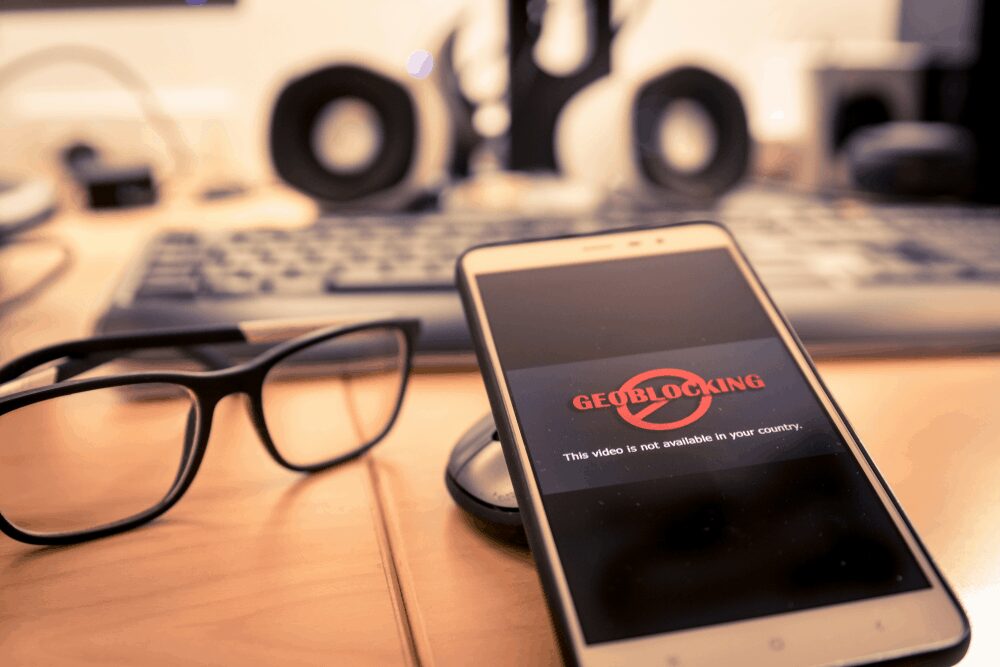
Source: securitygladiators.com
Another powerful feature of VPNs is their ability to bypass geographical restrictions. Some online content and services are only accessible from certain locations. For instance, you might find that your favorite streaming service has a different library when accessed from another country. Or worse, it may not be available at all.
With a VPN, you can ‘trick’ the internet into thinking you’re in a different location. This is done by connecting to a VPN server in a country of your choice, masking your actual location. This opens up access to content and services as if you were physically in that country.
Protecting Sensitive Information
Whether it’s your email login or your credit card number, you inevitably transmit a lot of sensitive information over the internet while traveling. Unfortunately, cybercriminals are adept at capturing this data if it’s not adequately secured.
Here, too, a VPN is a vital tool. By creating a secure tunnel for your data to travel through, a VPN makes it much more difficult for your sensitive information to be captured. This is particularly important if you’re using public Wi-Fi, where your data is most vulnerable.
Ensuring Privacy and Anonymity
When you browse the internet, your IP address is typically visible to the websites you visit. This can be used to identify your general location, and when combined with other data, even specific aspects of your identity.
A VPN helps maintain your privacy by masking your real IP address, preventing websites and third parties from tracking your online activities. This anonymity is particularly important when traveling, as it further protects you from any potential local data surveillance or collection.
Choosing the Right VPN
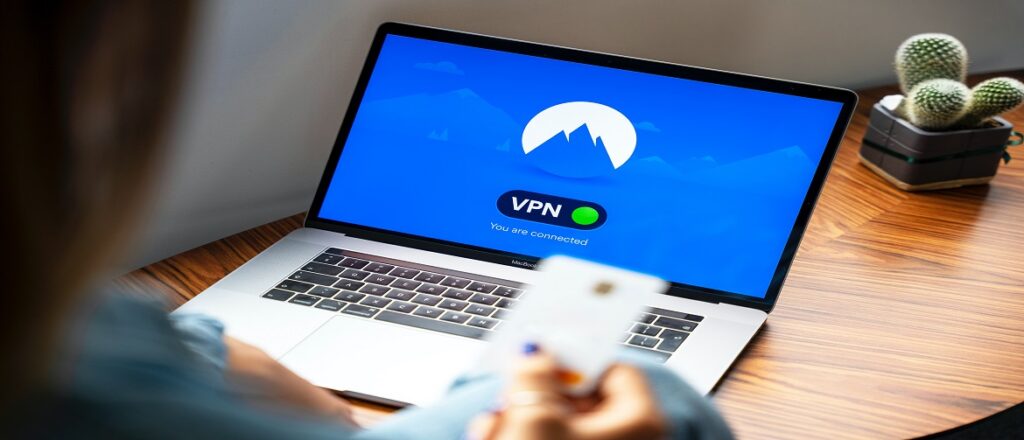
Source: digitalcruch.com
Now that we’ve discussed why VPNs are crucial for safe traveling let’s look at how to choose one. Not all VPNs are created equal. Some offer superior encryption, others have a broader range of server locations, and others still prioritize speed.
Consider your specific needs when choosing a VPN. Do you want to stream geo-restricted content? Then choose one with a variety of server locations. Is speed your priority? Look for a VPN that doesn’t significantly slow down your connection. Importantly, always ensure the VPN you choose respects your privacy and doesn’t log your online activities.
Setting Up and Using a VPN
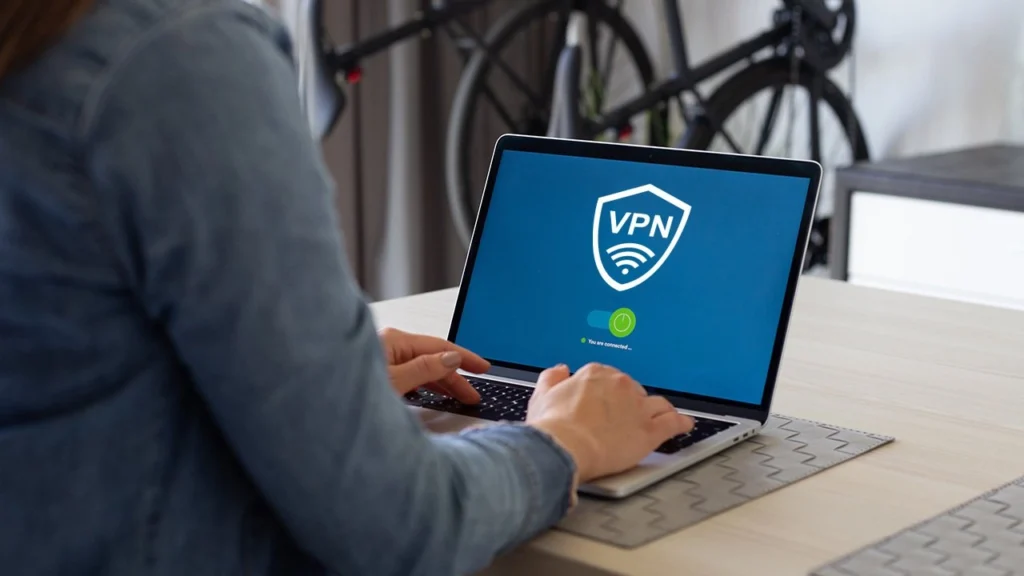
Source: teachenglishglobal.com
Setting up a VPN might sound intimidating, but most reputable services make it a breeze. Once you’ve chosen a VPN, it’s typically as simple as downloading their app on your device, signing up for an account, and connecting to a server.
Remember, it’s important to connect to your VPN each time you access the internet, especially when using public Wi-Fi. Only browse or enter sensitive information once your VPN is active and your connection is secured.
Conclusion
Protecting your digital footprint is no longer a choice. With the rise of cybercrime, it’s essential to take steps to safeguard your data when you are traveling online. One of the best ways to do this is through using virtual private networks (VPNs). VPNs encrypt your data and hide your IP address so that you can remain safe and secure while browsing the internet abroad. So if you’re planning on jet-setting off any time soon, don’t forget to equip yourself with a reliable VPN before embarking on your journey!



